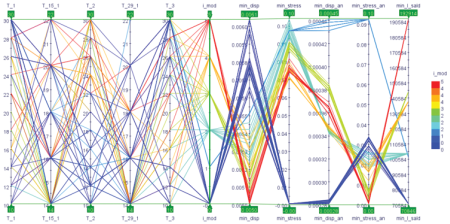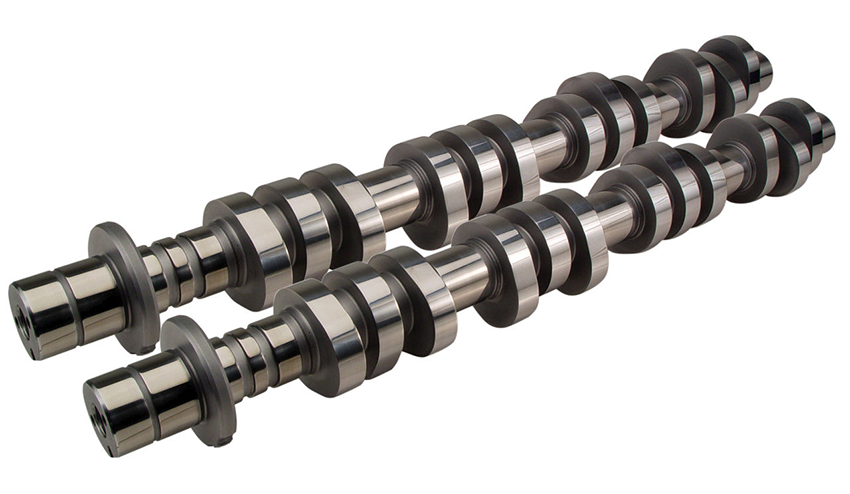RapidMiner
Ottieni una capacità di analisi dati potente e precisa per il tuo team
RapidMiner è un prodotto Altair
RapidMiner è un prodotto Altair
RapidMiner è una piattaforma completa di data science che consente agli utenti di creare e implementare soluzioni di analisi avanzate. Offre un progettista di flussi di lavoro visivo, permettendo sia a utenti tecnici che non tecnici di creare facilmente modelli di machine learning.
RapidMiner supporta l'intero ciclo di vita della data science, dalla preparazione dei dati all'implementazione e al monitoraggio dei modelli.

Semplifica la creazione di flussi di lavoro analitici complessi tramite un'interfaccia drag-and-drop. Riduce la necessità di una codifica estensiva, rendendo la data science accessibile a una gamma più ampia di utenti.
Copre tutte le fasi del processo di data science, inclusa la preparazione dei dati, la costruzione dei modelli e l'implementazione. Fornisce una piattaforma unificata per l'analisi end-to-end.
Offre una vasta libreria di algoritmi di machine learning e tecniche statistiche. Consente agli utenti di costruire modelli diversi e sofisticati.
Elaborazione di flussi ad alta velocità e confronti storici. Precisione al nanosecondo e riproduzione dei dati.
Automatizza le attività ripetitive di data science. Aumenta l'efficienza del flusso di lavoro di data science.

Invia le tue domande ai nostri tecnici specializzati!
Mettiti in contatto con uno dei nostri esperti, che ti potrà fornire risposte certe o consigliare soluzioni affidabili.

CASE STUDY
This technical article describes how engineers tackled a design optimization challenge to ensure the structural integrity of a section of the beam of a typical steel bridge whose web of main beams was subject to instability.
civil-engineering modefrontier optimization
CASE STUDY
The text discusses the importance of digital simulation models in modern factory design and reconfiguration, particularly in response to shorter product lifecycles and increased customization demands. Traditional design methods often lead to inefficiencies and high costs, making digital simulation essential for creating flexible and adaptable production systems. The article highlights a case study involving a furniture assembly factory, where a manufacturer needed to efficiently handle a variety of custom kitchen cabinet orders. The system integrator was tasked with designing a robotic assembly line that could maintain production efficiency despite the high variety of products.
industry4 SIMUL8

CASE STUDY
This technical case study explains the application of a two-step methodology using the MATLAB and Adam algorithms in the modeFRONTIER software platform.
optimization modefrontier automotive

CASE STUDY
The aim of this study was to reduce the weight of the world’s tallest aluminum mast for a new series of single mast sailing yachts manufactured by Perini Navi under the brand name Salute.
optimization modefrontier ansys marine rail-transport
CASE STUDY
This paper explores the transformative potential of Extended Reality (XR)—encompassing Virtual Reality (VR), Augmented Reality (AR), and Mixed Reality (MR)—when integrated with Artificial Intelligence (AI) in industrial and engineering applications. XR technologies enable businesses to visualize, interact, and optimize product designs, training processes, and customer support functions.
digital-manufacturing optimization artificial-intelligence